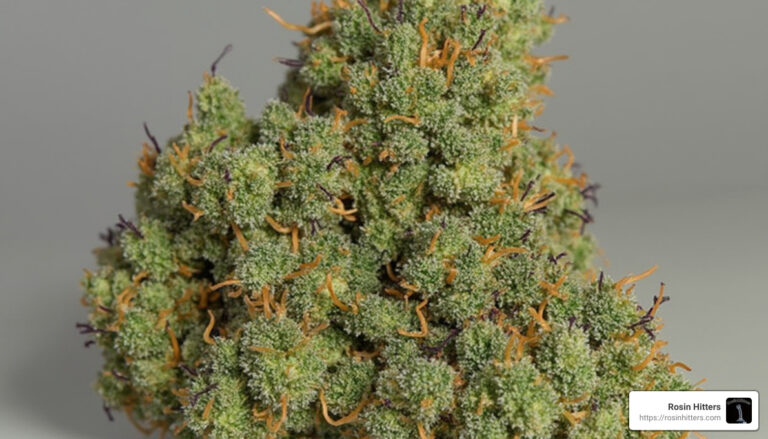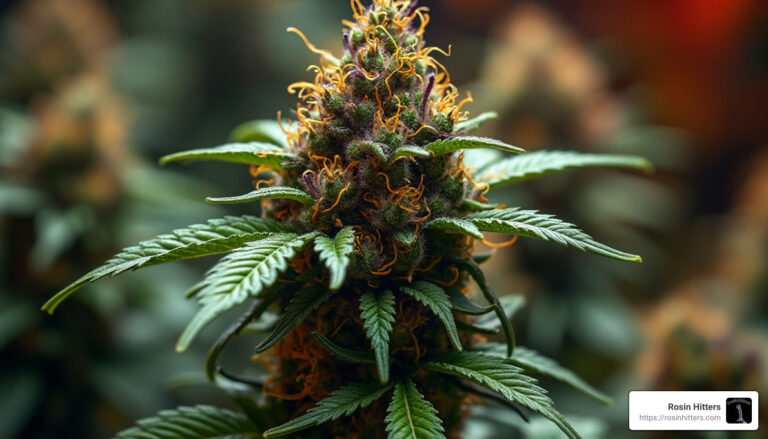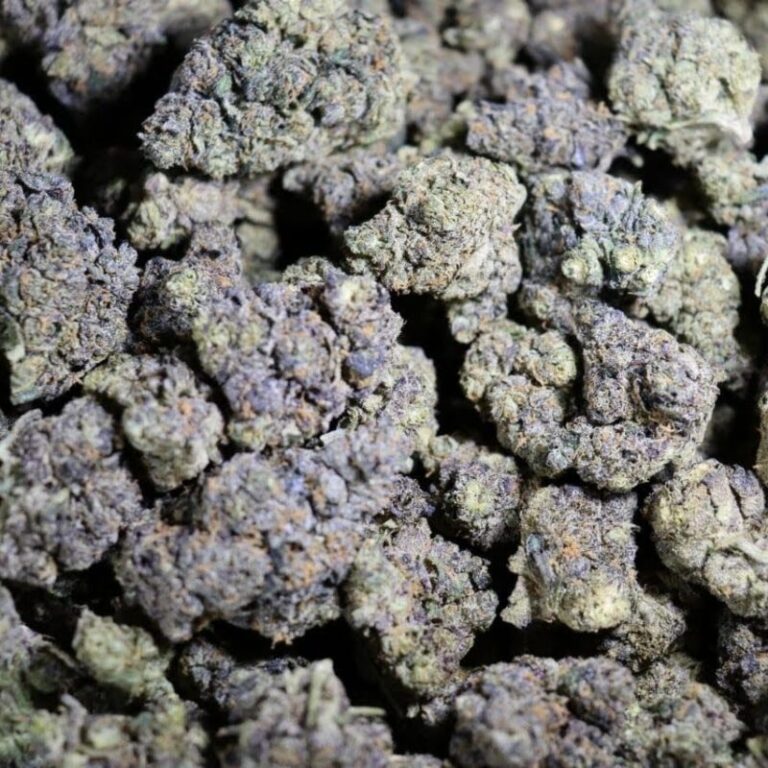Tax Rates for Cannabis Concentrate in California 2024 Challenges
When exploring tax rates for cannabis concentrate in California, it’s crucial to understand the landscape of cannabis taxation the state offers. Tax rates for cannabis concentrate in California can be surprisingly intricate, with an excise tax taking center stage.
- Current excise tax: 15% on all cannabis products, calculated on the retail sales price.
- Upcoming change: Scheduled increase to 19% on July 1, 2024, unless lawmakers decide otherwise.
California’s cannabis industry steers a tumultuous market, as businesses grapple with evolving tax requirements affecting pricing strategies. High taxation rates are compounding the challenges faced by the industry, leaving many companies struggling to remain viable in an increasingly competitive space.
Dustin Moore, co-founder of Embarc, identifies this tax increase as an “existential threat to the industry,” urging collective efforts to avert it.

Understanding Cannabis Concentrate Tax Rates in California
Navigating the tax rates for cannabis concentrate in California can feel like a maze. Let’s break it down to make it simpler.
Excise Tax Overview
The excise tax is a significant part of the cannabis tax structure in California. As of now, all cannabis products, including concentrates, are subject to a 15% excise tax. This tax is based on the retail sales price, meaning it’s calculated from the total amount a consumer pays at checkout.

This excise tax is not the only cost, but it plays a crucial role in the overall tax burden for cannabis retailers. It’s essential to factor it into pricing strategies, as it directly affects the gross receipts from product sales.
Upcoming Tax Changes
A big change is looming. Starting July 1, 2024, the excise tax is set to rise to 19%, unless the legislative session intervenes. This increase is part of a deal made in 2022, which initially removed the cultivation tax but planned for a gradual rise in excise taxes.

The potential hike has sparked concern across the industry. Many insiders, like Dustin Moore from Embarc, view this as a serious threat to business viability. They argue that the increased tax will squeeze margins further, making it even harder for retailers to stay afloat, especially when consumers are resistant to price hikes.
This upcoming increase could be a tipping point, leading to more industry contraction unless there’s a push for legislative reform. Stakeholders are encouraged to voice their concerns to lawmakers, aiming to halt or delay the tax increase during the upcoming legislative session.
Breakdown of Cannabis Taxes in California
Understanding the layers of cannabis taxes in California is crucial, especially for those dealing with cannabis concentrates. Let’s explore the components involved.
Statewide Sales Tax
California imposes a statewide sales tax on all retail goods, including cannabis products. The base rate is 7.25%, which includes a 6% state tax and a 1.25% mandatory local tax. This means that no matter where you are in California, you’ll face at least this amount in sales tax on cannabis purchases.
However, local jurisdictions can add to this base rate. They have the flexibility to impose additional district taxes, which can push the total sales tax rate up to 10.25% in some areas. These district taxes are often used to fund local services such as transportation and public safety.
This variability means that the total sales tax on cannabis can differ significantly depending on where the sale occurs. For example, buying cannabis in a city with high district taxes can result in a noticeably higher tax bill compared to a city with minimal additional taxes.
Local Cannabis Business Tax
In addition to the state sales tax, there’s a local cannabis business tax that varies by location. Local governments can impose this tax at their discretion, with rates ranging from 5% to 15%. This tax is applied at the dispensary’s point of sale, directly affecting the final price consumers pay.
The revenue from these local taxes typically supports community services, infrastructure, and other local initiatives. However, the inconsistency in tax rates across different jurisdictions can create challenges for cannabis businesses operating in multiple locations.
For dispensaries, these taxes must be carefully managed to maintain profitability. The combination of excise, sales, and business taxes can significantly impact gross margins, potentially leading to price increases that consumers may resist.

Understanding these tax structures is key to navigating the complex landscape of cannabis taxation in California. As the industry continues to evolve, staying informed about local tax policies and potential changes is crucial for both retailers and consumers.
Impact of Tax Rates on the Cannabis Industry
The cannabis industry in California is navigating a turbulent landscape, where tax rates for cannabis concentrate play a significant role in shaping business outcomes. The challenges and potential reforms in this sector are pivotal to understanding the industry’s future.
Challenges for Retailers
Retailers in the cannabis industry face numerous problems, primarily due to high tax rates. The impending increase in the excise tax from 15% to 19% is a pressing concern. This tax hike, set to take effect automatically unless legislative action is taken, poses an existential threat to many businesses.

Industry Struggles: The cannabis market has experienced significant contraction, with many big-name companies shutting down. Retailers are finding it increasingly difficult to maintain profitability as the cost of doing business rises, and consumer resistance to price increases grows. Gross margins are under pressure, with retailers unable to easily pass on additional costs to consumers.
Market Contraction and Consumer Resistance: As prices increase due to higher taxes, consumers are less willing to absorb these costs, leading to reduced sales and further market contraction. This situation is exacerbated by competition from the illicit market, which does not face the same tax burdens.
Potential Reforms
To combat these challenges, industry stakeholders are advocating for legislative intervention and tax policy changes. The upcoming legislative session presents an opportunity for the cannabis industry to push for reforms that could alleviate the tax burden.
Lobbying Efforts: Industry leaders, such as Dustin Moore of Embarc, emphasize the need for a unified voice in lobbying efforts. They aim to either delay or cancel the excise tax increase, highlighting the detrimental impact it could have on businesses. This advocacy is crucial for convincing lawmakers to reconsider the planned tax hikes.
Legislative Intervention: Nicole Elliot from the state Department of Cannabis Control acknowledges the need for reforms and encourages businesses to engage with legislators. The focus is on securing a more sustainable tax policy that supports the industry’s growth rather than hindering it.
Industry Advocacy: Consultant Hirsh Jain points out that past efforts to achieve modest tax reforms required significant effort. A similar approach will be necessary to prevent the upcoming tax increase. The industry must mobilize effectively to ensure its concerns are addressed in policy discussions.
By understanding these challenges and the potential for reform, stakeholders can better steer the complexities of cannabis taxation in California. The next section will explore frequently asked questions about cannabis taxation, providing further clarity on this critical issue.
Frequently Asked Questions about Cannabis Taxation
What is the current excise tax rate for cannabis in California?
In California, the excise tax rate for cannabis is currently set at 15%. This tax is applied to the gross receipts from retail sales of cannabis products, including concentrates. The revenue generated from this tax supports state programs like environmental cleanup and drug prevention.
How does the sales tax vary across California?
The sales tax in California starts with a base rate of 7.25%, which includes a 6% state tax and a mandatory 1.25% local tax. However, this rate can increase depending on local jurisdictions, which have the authority to add up to an additional 3%. This means that the total sales tax can vary significantly, ranging from 7.25% to 10.25% across different regions.
What are the implications of the upcoming tax increase?
Starting July 1, the excise tax is scheduled to rise from 15% to 19%. This proposed increase is part of a legislative deal from 2022 and is expected to intensify the financial strain on the legal cannabis market.
Industry leaders warn that this could exacerbate the ongoing market contraction, forcing more businesses to close and driving consumers towards the illicit market. The industry’s survival may depend on legislative reforms to prevent this tax hike, highlighting the need for robust advocacy efforts to influence policymakers before the increase takes effect.
Conclusion
Navigating California’s cannabis tax landscape can be challenging, especially with the ever-changing regulations and tax rates. At Rosin Hitters, we understand the importance of staying compliant while offering the best products to our customers.
Our commitment to producing high-quality, solventless concentrates like rosin and live rosin ensures that our products remain pure and flavorful, without the use of chemical solvents.
Tax compliance is crucial for maintaining a successful cannabis business in California. With the current excise tax rate at 15% and the looming increase to 19%, it’s essential for businesses like ours to stay informed and prepared.
As we continue to provide top-notch concentrates, we also remain vigilant about changes in tax policies and work to ensure our operations align with all state requirements.
By focusing on compliance and quality, Rosin Hitters aims to thrive in the competitive cannabis market. Our dedication to excellence not only benefits our customers but also supports the legal cannabis industry as a whole.
For those interested in exploring our range of solventless concentrates, visit our product page to learn more and shop with confidence.






